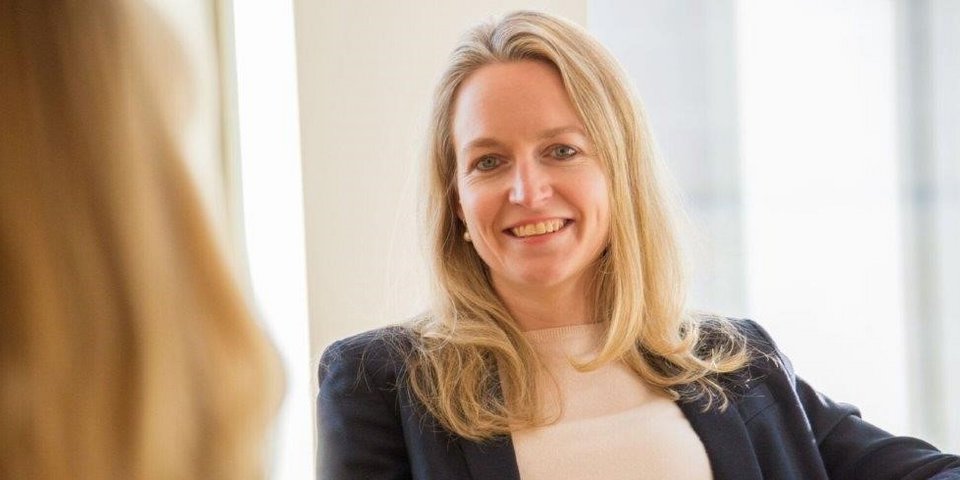
"The fight against cancer is one of the most important tasks currently being tackled at EU level"
Interview with Ilka Wölfle, the Director of the European Representation of German Social Insurance
06/2021
In 2020, 1.3 million people died of cancer
in Europe and more than three million European citizens were diagnosed with one
of over 200 types of cancer. The number of cancer cases could double by 2035.
With its new action plan, the EC now wants to take more decisive action against
cancer and it is supporting the fight against cancer with four billion euros.
DSV newsletter: Ms Wölfle, the EC presented its EU
cancer plan in February 2021. Its comprehensive actions aim to improve
prevention and treatment and to contribute to a better quality of life for EU
citizens. On 14 June 2021, the European
Representation of German Social Insurance, together with the National
Association of Statutory Health Insurance Funds (GKV-Spitzenverband), focused
on this topic in an online event entitled "Getting to grips with
cancer". What were the main topics of discussion at your event?
The fact is that almost 40 % of all cancer
cases are preventable. Effective prevention is a key element in fighting cancer. At our event, which
attracted around 100 participants, it quickly emerged that strengthening
prevention efforts was seen as a priority. The EU is seen as having a duty to
set the framework for health promotion and to give impetus to its Member
States. Specifically, we discussed increasing tobacco and alcohol taxes here,
strengthening occupational health protections and curbing the advertising of
unhealthy foods aimed at children."
DSV newsletter: Since 2009, the EU has been working
hard to expand and promote cancer screening programmes in its Member States.
Apparently, this is still not running satisfactorily. What should be improved?
Ilka
Wölfle: "The EC wants to support its Member
States in providing screening for breast, colorectal and cervical cancer to 90
per cent of eligible EU citizens by 2025. That is a big step. In addition, our
event also called for improving the access, quality and diagnostics of these
programmes."
DSV newsletter: Were medicines also being discussed?
Ilka
Wölfle: "Yes, the medicines quickly came into
focus. All three official participants, Dr Pfeiffer, Chair of the Board of the
National Association of Statutory Health Insurance Funds, the Member of the
European Parliament, Dr Liese, as well as Dr Schreck from DG SANTE, spoke
especially about the need for an economically practicable as well as a secure
supply of pharmaceuticals. High prices of medicines are a particular problem
when it comes to cancer medicines. Alternative pricing models should be
considered here. Supply bottlenecks must also be taken seriously. One
suggestion from the discussion was to establish digital reporting systems that
give real-time transparency about the availabilities of the medicines needed
for care."
DSV newsletter: Ms Wölfle, what is your summary of the event?
Ilka
Wölfle: "My conclusion is: the fight
against cancer is one of the most important but also most challenging tasks
currently being tackled at EU level. The social insurance system, being the
provider of old-age, occupational accident, health and nursing care, makes its
contribution to this almost by virtue of its official mandate. We published
concrete proposals in a statement released early June 2021. Our 'Getting to
grips with cancer' event, which we held together with the National Association
of Statutory Health Insurance Funds (GKV-Spitzenverband), was intended to
provide further impetus. Feedback has shown me that it succeeded very
well."
